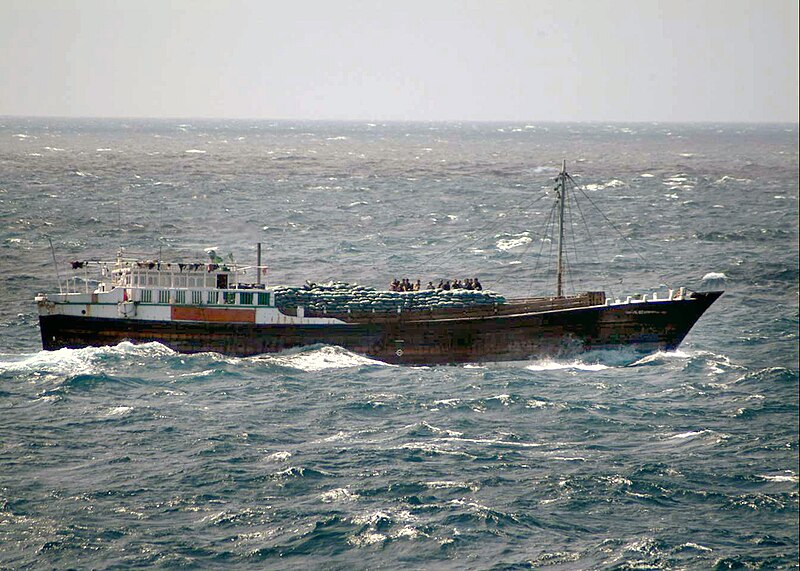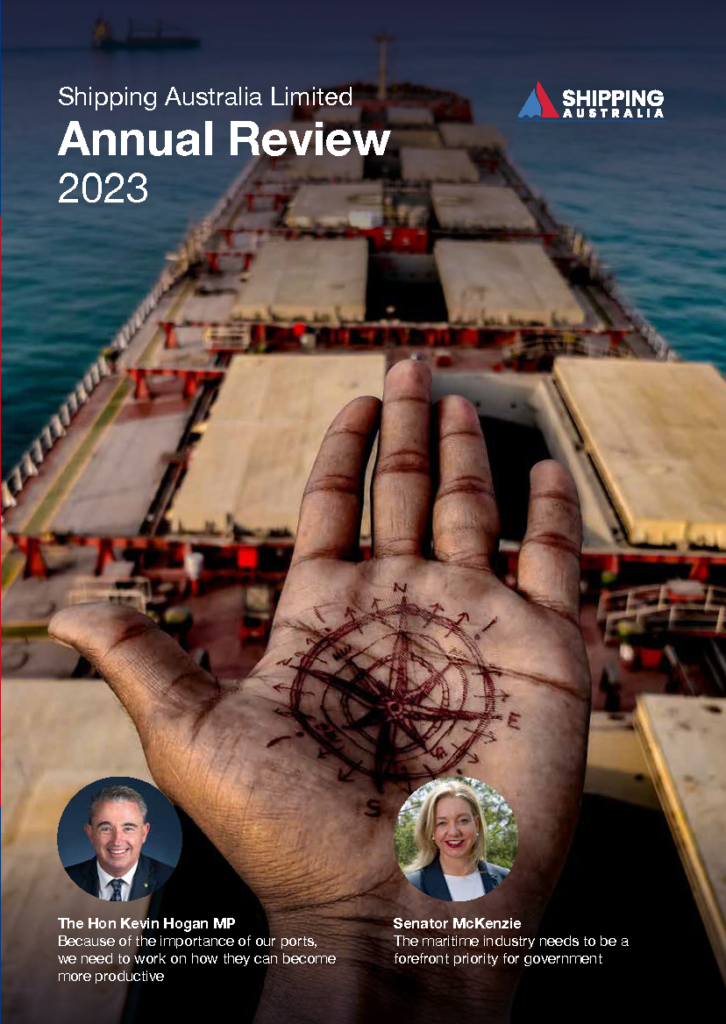Five separate attacks by armed robbers against four large bulk carriers and a general cargo vessel were recorded in the Singapore Straits over the last quarter, the IMB reports. The threat for crew safety is considered to be “high” as five crew were taken hostage in three separate incidents in January.
In one late January incident, six robbers armed with long knives boarded a bulk carrier while it was sailing through the Strait. They entered the engine room, tied up the chief engineer and other crew, and began stealing miscellaneous parts before escaping when an alarm was raised by the crew. In another incident, in mid-February this year in the Singapore Strait, four robbers armed with guns boarded a general cargo ship and escaped with stolen engine parts.
In the first quarter of this year, there were five incidents in the Singapore Strait, six incidents in Indonesia and seven incidents in Bangladesh.
The increase in the number of attacks off the coast of Bangladesh was specifically highlighted. “In 2024 [there were] seven reported incidents received – six from vessels at anchorage in Chattogram – compared to one report for the whole of 2023,” the IMB notes. In two separate incidents – one at the beginning of March and the other at the end of March, eight robbers armed with knives boarded an anchored bulk carrier. In both cases, stole from the ship’s stores and escaped after the crew raised an alarm.
There appears to be a worrying pattern to many of these attacks; as the ReCAAP Piracy and Armed Robbery Against Ships Information Sharing Centre in Singapore has noted, there has been an uptick in the number of robbers who are carrying weapons – typically long knives, machetes, and metal rods, in the first quarter of 2024 when compared to 2023.
Typically it is bulk carriers that are targeted most – probably because they sit relatively low-down in the water when loaded and move comparatively slowly – and that is followed by product tankers. However, it is clear from the statistics and from observations that South East Asian pirates are criminals of opportunity and will target most vessels that happen by as they have also attacked tugs, fire fighting vessels and heavy load ships, among others.
Shipping Australia CEO, Capt Melwyn Noronha, formerly sailed those waters as a seafarer. “It’s very frightening,” he says, recalling an incident in the waters off Bangladesh, when he was nearly surrounded by thieves armed with long knives who had climbed up the mooring ropes. He also recalls another incident where a Mate on the ship sailing ahead had been shot after he tried to challenge the robbers. “Crew need to be vigilant and be prepared, and they should not challenge the pirates,” he commented. Captain Noronha called for the release of all seafarers that have been kidnapped or held hostage.
“They’re just innocent men doing their jobs and they have families who love them. I feel for their families who are living in uncertainty; they don’t know if their loved ones will come home alive.” he also expressed sympathy and condolences to all those seafarers, and their families, who had experienced an attack by pirates or robbers.
Piracy is defined in Article 101 of the UN Convention of the Law of the Sea as “any illegal acts of violence or detention, or any act of depredation, committed for private ends by the crew of the passengers of a private ships… and directed… on the High Seas [or outside the jurisdiction of any state], against another ship… or against persons or property on board”.
Armed robbery is much like piracy, however, as the piracy of definition makes clear, piracy takes place outside of national jurisdictions. Armed robbery against ships takes place within the waters of a country. IMO Resolution A.1025 (26) “Code of Practice for the Investigation of Crimes of Piracy and Armed Robbery against Ships states that: “Armed robbery against ships means any of the following acts: (1). any illegal act of violence or detention or any act of depredation, or threat thereof, other than an act of piracy, committed for private ends and directed against a ship or against persons or property on board such a ship, within a State’s internal waters, archipelagic waters and territorial sea”.



